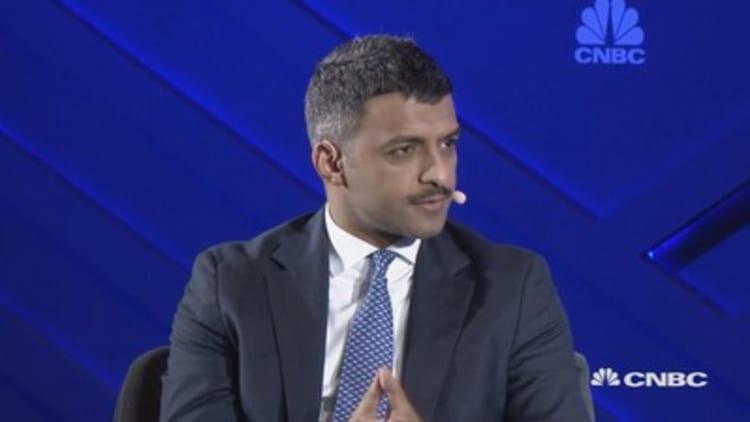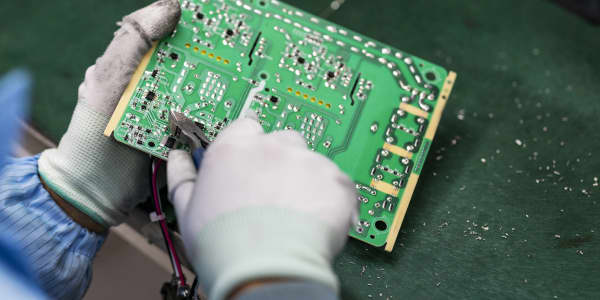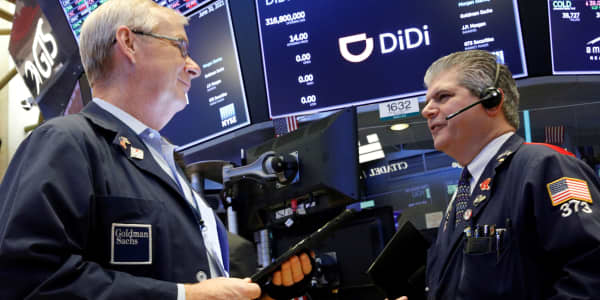Banks in Asia and the Middle East are gearing their hiring plans toward creative minds as they look to embrace the digital age, according to a panel of top executives.
With Chinese and Middle Eastern banks increasingly challenged by innovative tech start-ups as fiercely as their more traditional rival institutions, banks are looking for hires who can "think outside the box," according to BNP Paribas China CEO CG Lai.
Speaking on a panel at CNBC's East Tech West conference in the Nansha district of Guangzhou, China on Monday, Lai said the French lender is looking for people with "imagination."
"I think this is probably a more difficult quality to get, as you train the people very routinely or regimentally. So, yes we like the engineer but to the other extent we really appreciate people with the thinking outside the box, with a very liberal arts background, so they can imagine things, and I think that will push the engineer to move," Lai explained.

His point was echoed by Mohammed Al Shehabi, head of innovation at Al Salam Bank in Bahrain, who said his division within the bank was not seen as a "production factory of innovation."
"What we are trying to do is instill creativity and the culture of accepting of failing fast and then looking at other opportunities within the bank," Al Shehabi told CNBC's Nancy Hungerford.
"That is something that used to be a complete taboo in the beginning, where people were anxious and very nervous about proposing new ideas of how to do things. Our job today is to instill the culture of trying things new, and making sure that some ideas that are worth pursuing are being pursued."
A recent report found that job listings requiring skills in artificial intelligence increased nearly 60% over the past year.
Glassdoor senior economist Daniel Zhao told CNBC in September that as companies establish their AI functions, more roles are opening up for senior candidates to lead these new teams.
He also highlighted that companies are looking to hire chatbot copywriters to write conversational answers to technical questions from customers via online "chat" functions.
With financial institutions ramping up their tech capabilities, UBS Head of China Strategy Wendy Liu suggested that in the future, "coding will just be demanding a second language."
"Then the tech DNA will be very much present within the financial institutions and hopefully among the regulators, and will push this forward a little bit faster," Liu added.




